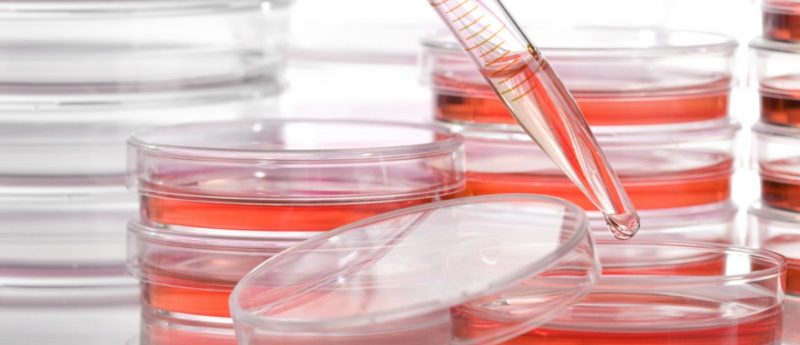Bioengineered blood vessels show promise in dialysis patients

Acellular vessel shown to be safe and durable in dialysis patients, fabricated by researchers from Duke University (NC, USA), Yale University (CT, USA) and Humacyte (NC, USA), has been hailed as step forward in regenerative medicine.
A collaborative group of researchers from Duke University (NC, USA), Yale University (CT, USA) and Humacyte (NC, USA) has developed blood vessels which have demonstrated safety and durability in patients undergoing kidney dialysis.
In a report published in The Lancet, the group describe results from a phase II study in 60 kidney failure patients requiring dialysis, a procedure that often requires a synthetic graft due to blood vessel degradation over time from needle sticks. These synthetic grafts are prone to infection, clotting and other complications. Thus far, despite attempts, no bioengineered graft has been shown to outperform the traditional synthetic approach. In this novel approach, a human acellular vessel manufactured to be available to patients on demand was tested.
“The bioengineered blood vessel represents a critical step in tissue engineering,” explained Jeffrey Lawson, professor of surgery and pathology at Duke and chief medical officer of Humacyte. “Because these vessels contain no living cells, patients have access to off-the-shelf engineered grafts that can be used without any waiting period associated with tailor-made products.”
The vessels used in this study were created by isolation of vascular cells from human donors, which were subsequently grown into tissue culture. Cells were then placed on a degradable scaffold shaped like a blood vessel. As the tissue grew it was bathed in nutrients and stretched to acquire the physical properties of real blood vessels. Eight weeks later, the scaffolds had degraded and cells could be washed away, leaving the vessel structure but no components likely to cause rejection.
Patients were followed for one year post-implantation and in that time the vessels appeared to be both safe and functional. Vessels maintained their mechanical integrity and no signs of rejection were observed. Cases of adverse events, such as clotting, were observed, however the rates of these were comparable with dialysis grafts in current use. Notably, the durability of the bioengineered vessels at one year was 89%, compared with the 60% rate previously reported for synthetic grafts.
“The fact that an implanted acellular tube becomes a living human tissue has implications for regenerative medicine in a very profound way,” summarized Lawson.
— Written by Hannah Wilson
Sources: Lawson JH, Glickman MH, Ilzecki M et al. Bioengineered human acellular vessels for dialysis access in patients with end-stage renal disease: two Phase 2 single-arm trials. Lancet 387(10032), 2026—2034 (2016); R&D Magazine: http://news.yale.edu/2016/05/12/bioengineered-blood-vessel-safe-dialysis-patients-study-finds